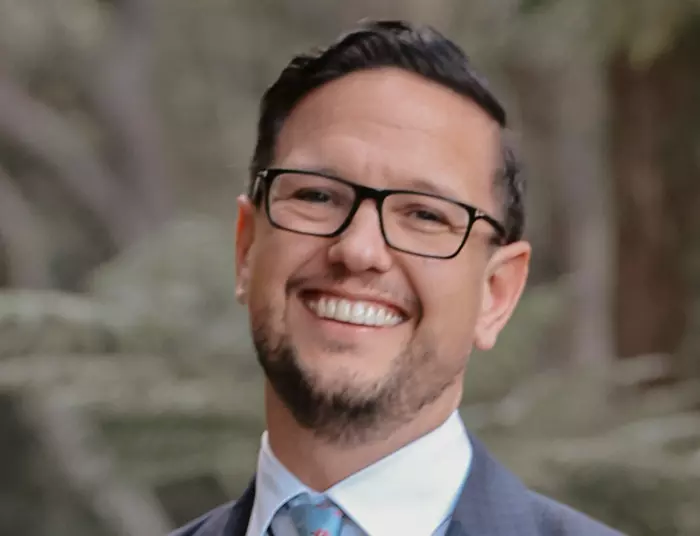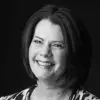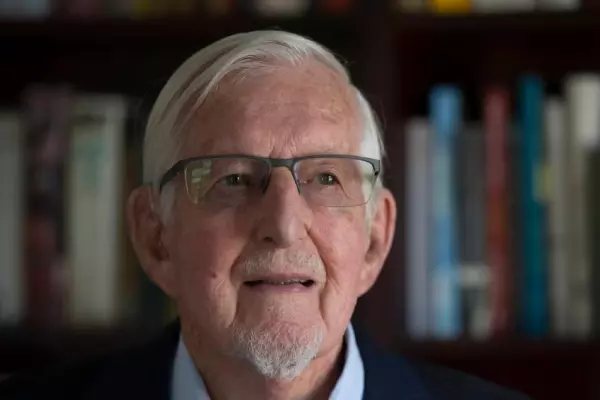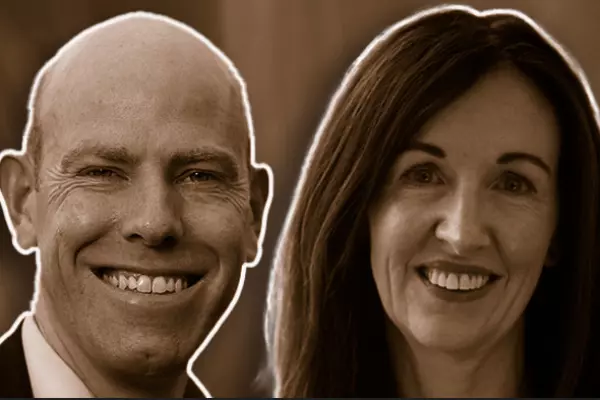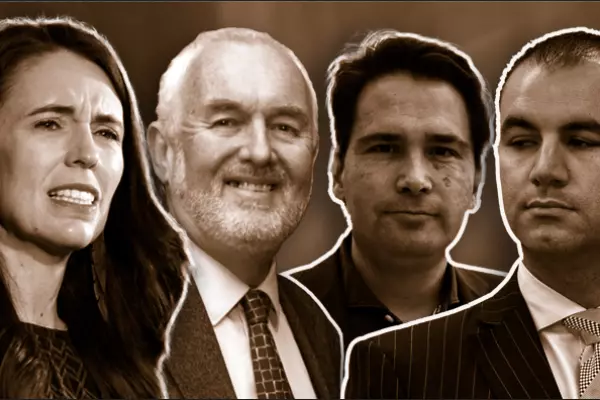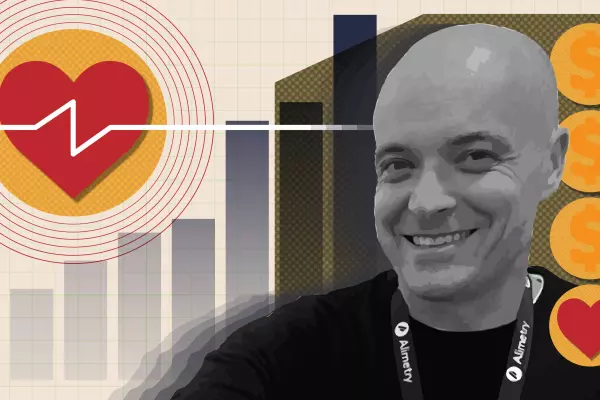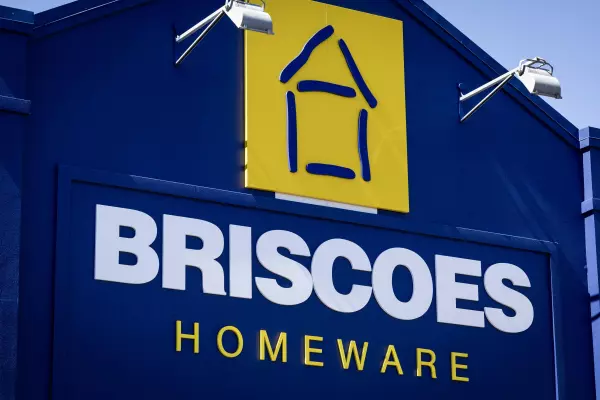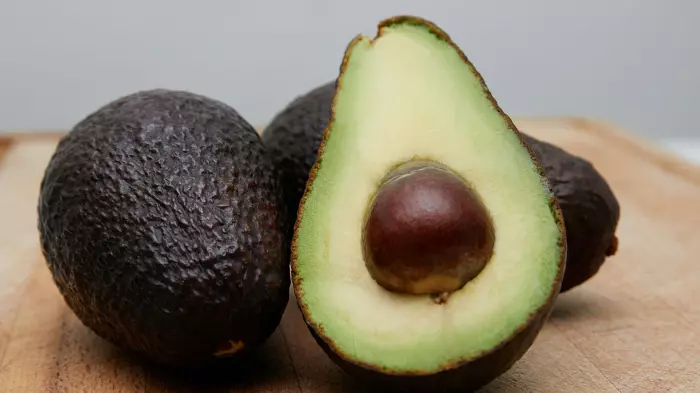Employers struggling to plug staff vacancies in a tight labour market should spare a thought for national telehealth boss Andrew Slater. He’s been there, done that, and on a scale they’d probably find hard to conceive.
It was January 2020 and reports of a mystery virus in Wuhan were sparking global alarm. Slater, the chief executive of Whakarongorau Aotearoa/New Zealand Telehealth Services, which runs the Ministry of Health’s Healthline and other 0800 helplines, had a total staff of 450.
Within two months, after the first cases were reported here in March, NZ faced months of uncertainty and lockdowns – and Slater faced the task of boosting his workforce almost 10-fold to cope with the demand.
'Darkest days'
As he and his team scrambled to recruit and train personnel for the Ministry of Health’s covid healthline, existing call centre staff were overwhelmed, with media reports that some panicking patients were waiting days for a response.
They were, he says, his “darkest days” in the role.
“We had long days and long nights where we had waits – they were the most awful days of my role, early in covid. People couldn’t get through – we were completely jammed.”
Yet within two years, Slater had achieved the almost inconceivable feat of recruiting and training more than 4,000 new workers by linking up with a network of corporate, voluntary and government partners.
There were obvious candidates, such as existing Plunket and Hato Hone St John Ambulance volunteers, but the scale of the task needed more lateral thinking.
Enter the travel and tourism sector, which was facing tens of thousands of job losses.
An unprecedented deal with Orbit World Travel and House of Travel saw 1,300 staff retrain for the covid healthline on a service contract, which meant they could return to their former jobs when business picked up again.
“It was a wild ride,” he says now. “But I wish I’d the foresight to form those partnerships beforehand.”
Slater was just 32 and NZ’s youngest health CEO when Whakarongorau Aotearoa launched in 2015 to combine and deliver telehealth services with the aim of saving the government $100 million over a 10-year contract. It’s already achieved that target.
Safety net
This month, Slater, who began his health career as a 15-year-old ambulance cadet in Wairarapa, moved to a new health role – chief people officer – at Te Whatu Ora, the organisation which replaced the country’s 20 district health boards last July. He is replaced by Glynis Sandland at Whakarongorau.
Slater says his experience as a teen convinced him to devote his life to working in the health system.
“The greatest privilege you have in the work of the ambulance service is that you get to go into people’s homes. And you see where health and social systems are failing.”
He describes telehealth services as the safety net for those systems.
“Everyone can pick up a phone 24 hours a day, seven days a week, call 0800 611 116 and get good clinical advice from a registered nurse or paramedic.”
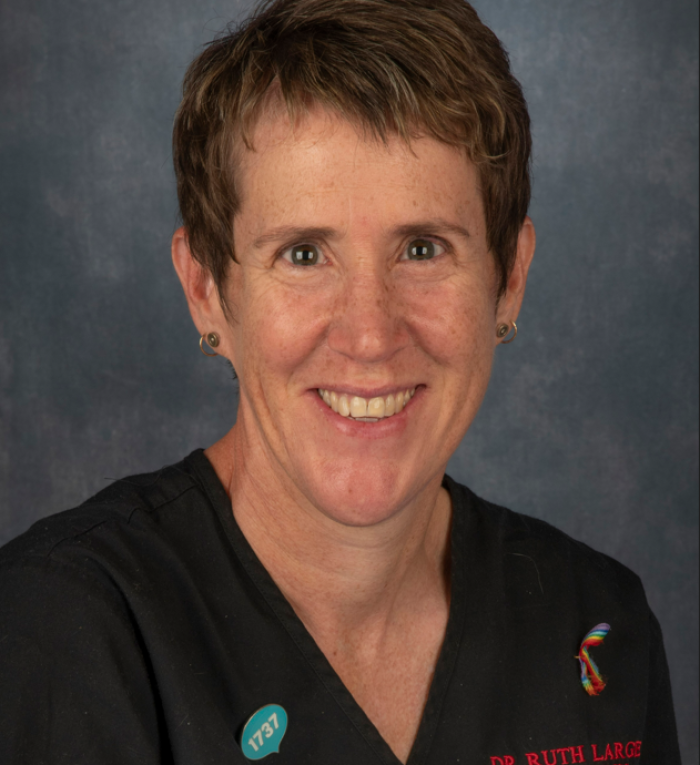 Whakarongorau’s chief clinical officer, Dr Ruth Large. (Image: Whakarongorau)
Whakarongorau’s chief clinical officer, Dr Ruth Large. (Image: Whakarongorau)
About 60% of the country’s general practices are now signed up with Whakarongorau Aotearoa for after-hours service – in the year to June 2022, it answered 102,000 calls for GPs.
But Slater says the telehealth lines are also important for those who aren’t – or can’t be – enrolled with a practice.
“Some people who call are looking for some reassurance before they might make a doctor’s appointment. It might be weekends or the middle of the night, or they’re in an area where it’s not possible to become enrolled with a GP because their books are closed.
"We have worked really hard to sit alongside general practice and be there when they can’t be.”
Video Upload introduced
About five weeks ago, the organisation introduced Video Upload, which enables clinicians to see and diagnose their patients – removing one of the barriers they formerly faced – although most calls are still voice-only.
“With telephone triage, you are effectively asking a clinician to undertake a consult blind. Imagine doing a ward round where you are blindfolded, you can’t touch anything and you can only use your voice and your ears.”
Whakarongorau chief clinical officer Dr Ruth Large, an emergency physician, has already used the video in practice, with a young Māori woman who was stranded in Wellington as a refugee of Cyclone Gabrielle’s floods in her hometown.
Her father had rheumatic heart disease, caused by a streptococcal infection, and her mother had stressed the importance of having any sore throat treated promptly.
The woman, unable to get an appointment with a doctor or nurse, phoned Healthline and was put through to Large who promptly asked her to click the video link and poke her phone almost in her mouth.
“Because people are not trying to get a still image, I can say, ‘Open your mouth, tilt your head and put the phone in as if you’d swallow it and say ahh’ and it gives beautiful video.
"I could actually tell that she didn’t have something that needed hospital care, but she definitely had tonsillitis.”
Equity goals
Slater says one of his main goals has been increasing equity in the health system. During covid, in partnership with iwi, the service opened contact centres in Kaikohe, Rotorua and Heretaunga.
“At one point, we had 300 full-time-equivalent staff across those three locations, and the vast majority were Māori who had previously been unemployed.
"We were able to change their social outcomes, get them into housing while also matching them to service users.”
Every department of the organisation was given an equity goal. During this process, he says the human resources department noticed that Māori job applicants would often drop out of the online process when they were asked to upload their CVs.
“We went into a co-design with a group of people who had applied for a job but had never got to the point of uploading their CV and their answer was that they didn’t have one or culturally they didn’t feel comfortable boasting.
"We took that screen off and said, ‘Upload a CV if you have one and if not, give us a call and we’ll have a korero around what you’ve achieved.'”
Slater says he intends to devote his professional life to changing the health service for the better.
“I intend to live, work and die in the NZ health system. I joke that my experience at the end will be dictated by the work I manage to achieve in the middle."


